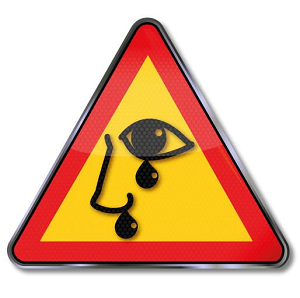Road safety and breakdown organisation GEM Motoring Assist is warning of a significant rise in pollen levels across much of the UK, with the arrival of warmer weather. GEM is urging drivers who take hay fever remedies to check their medicines carefully before getting behind the wheel, and to be aware of the possible effects these drugs can have on their driving.
GEM road safety officer Neil Worth said: “Some medicines, including those used to treat hay fever, can have an effect on your ability to drive safely. They could make you tired, dizzy or groggy, and they can compromise your vision and reaction time. That’s why it’s so important to check with your GP or pharmacist, and to read any warnings contained on the labels of the medicines you plan to take.
“The same road traffic laws apply to therapeutic drugs as to illicit substances, so if your driving is impaired and you cause a collision, you risk prosecution and the loss of your licence.”
GEM’s recently-revised free leaflet, Medicine, Drugs & Driving – The Facts, offers sensible and straightforward advice for anyone concerned about how hay fever remedies and other medication may affect their ability to drive safely and legally. The leaflet answers a number of questions dealing with prescription medicines, over-the-counter remedies and what the law says about driving while impaired by drugs.
Neil Worth recommends a safety checklist for any driver likely to need hay fever medication:
- Ask your doctor or pharmacist if a medicine could affect your ability to drive. Be particularly careful if you are using a medicine for the first time.
- If you do experience potentially dangerous side effects from a medicine, don’t drive. Organise a taxi or a lift from a friend if you need to travel.
- If you find a particular medicine is making you sleepy, consider asking if there is a non-sedating alternative available.
- It’s not just prescription medicines that can cause drowsiness and other potentially dangerous side-effects. So, check with your pharmacist if you plan to use an over-the-counter drug.
- If you’re unsure about the warning given on the medicine you’re using, ask your doctor or pharmacist to explain any risks… before you drive anywhere.
The GEM leaflet, Medicine, Drugs & Driving– The Facts is available online.









